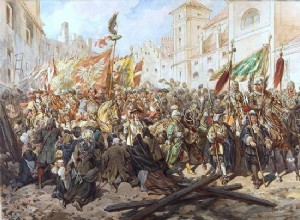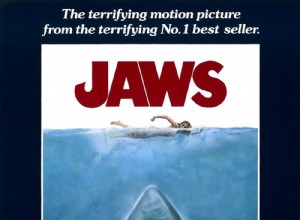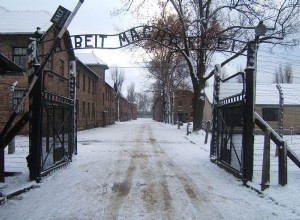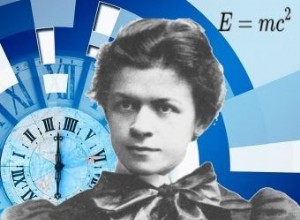As a US soldier, John Sobieski participated in 42 battles, participated in the execution of the Mexican emperor, fought for womens rights and was one of the founders of the Prohibitionist Party. In his lifetime he led journalists by the nose and professional historians after his death. Blagier,




